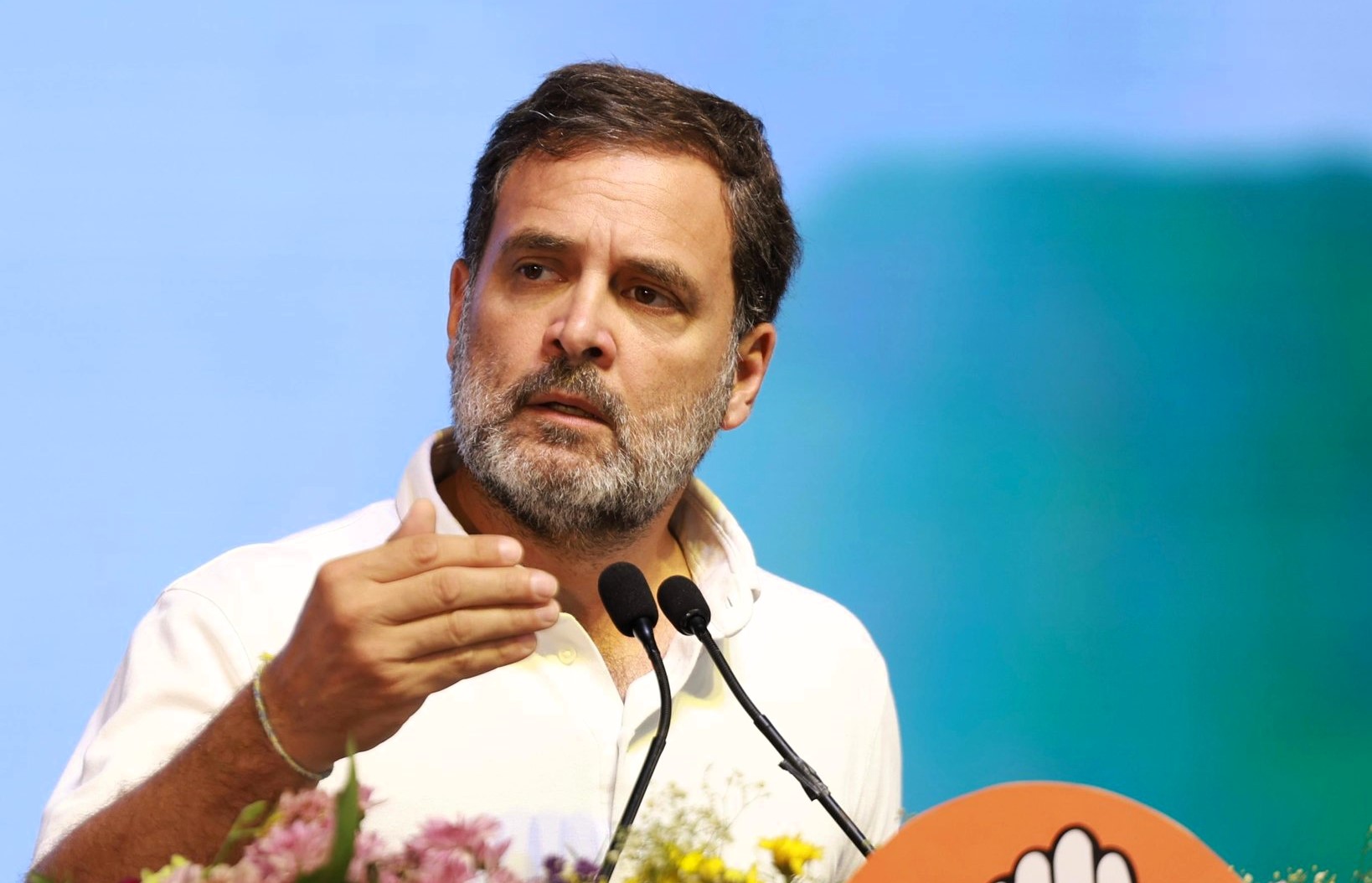The Agniveer Scheme, introduced by the Indian government as part of its military recruitment reform, has sparked considerable debate across various sectors of society. The scheme proposes a short-term enlistment process for soldiers across different branches of the military, followed by a mandatory transition to civilian life for most recruits after four years. This initiative was designed to modernize the recruitment process and reduce long-term pension liabilities.
Rahul Gandhi’s Promise to End the Agniveer Scheme
During a recent campaign rally for the 2024 Lok Sabha elections, Rahul Gandhi, a prominent leader of the Indian National Congress, voiced a strong opposition to the Agniveer Scheme. Gandhi criticized the initiative for creating what he termed as “two classes of martyrs” and pledged to abolish the scheme if his party is elected. He argued that the program undermines the traditional military service path and could potentially compromise the welfare and morale of soldiers.
Implications of Abolishing the Agniveer Scheme
Impact on Military Recruitment and Retention
Eliminating the Agniveer Scheme could lead to significant changes in military recruitment and retention strategies. The current model, which includes a blend of short-term and traditional long-term enlistments, may shift entirely towards the latter, affecting the dynamics of military preparedness and veteran transition programs.
Economic and Social Considerations
The discontinuation of the Agniveer Scheme might also have profound economic implications. The short-term contracts under the scheme are intended to alleviate long-term pension costs. However, reverting to the traditional model could increase financial burdens on the defense budget due to extended pensions and benefits.
Public and Political Reaction
The proposal to end the Agniveer Scheme has been met with mixed reactions. While some applaud the move as a return to traditional military values, others express concern over job security and future prospects for young individuals seeking military careers.
Detailed Analysis of the Scheme’s Impact on Military Families
The introduction of the Agniveer Scheme has been a source of anxiety for many military families, who fear that the lack of job security and reduced benefits compared to permanent enlistment might affect their social and economic stability. Ending the scheme could restore a sense of security and predictability for these families.
Conclusion: The Future of Military Recruitment in India
As India approaches the 2024 Lok Sabha elections, the debate over the Agniveer Scheme underscores broader questions about the balance between modernization and tradition in military recruitment. The outcome of the elections may determine the direction of India’s military policies for years to come.













